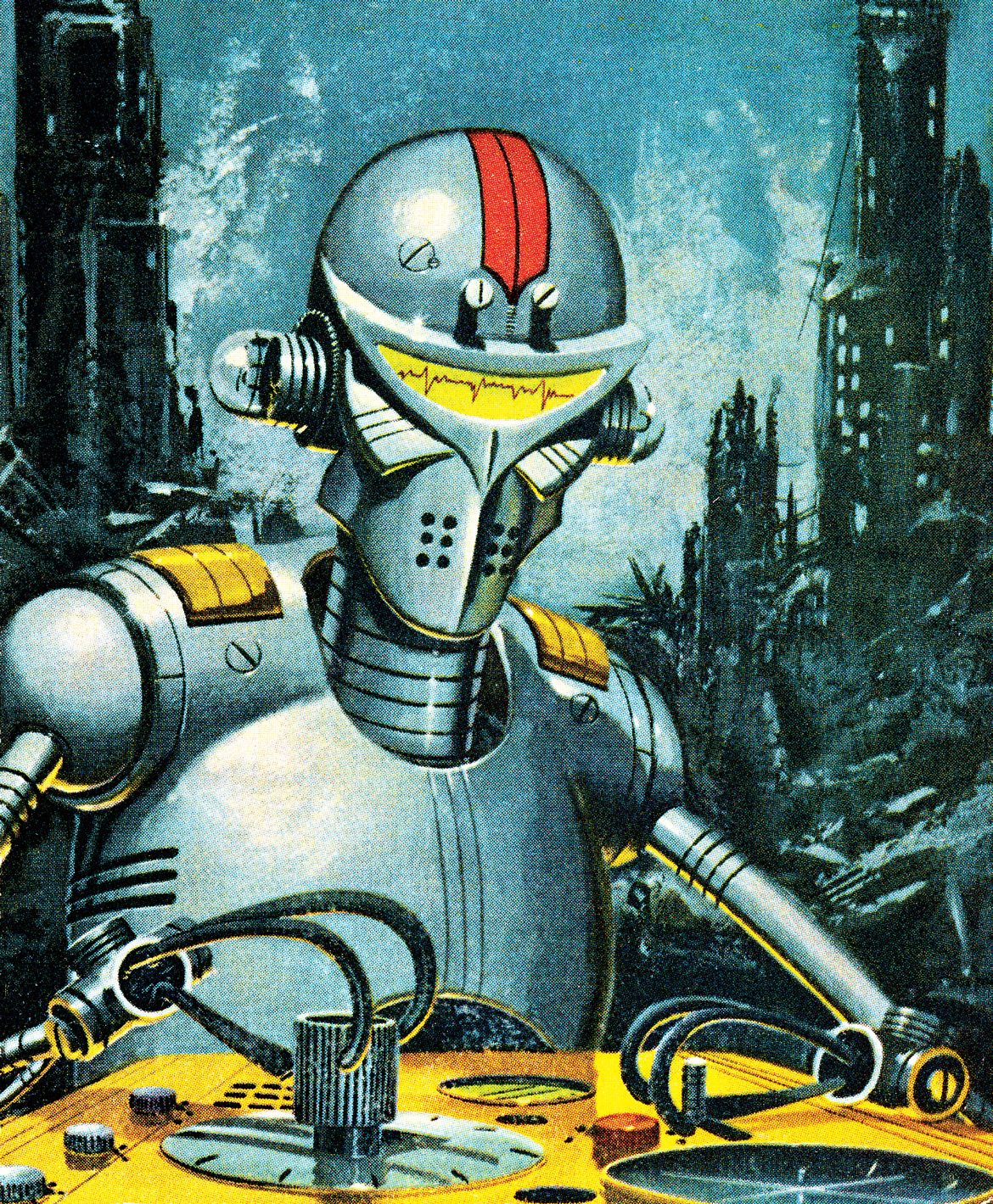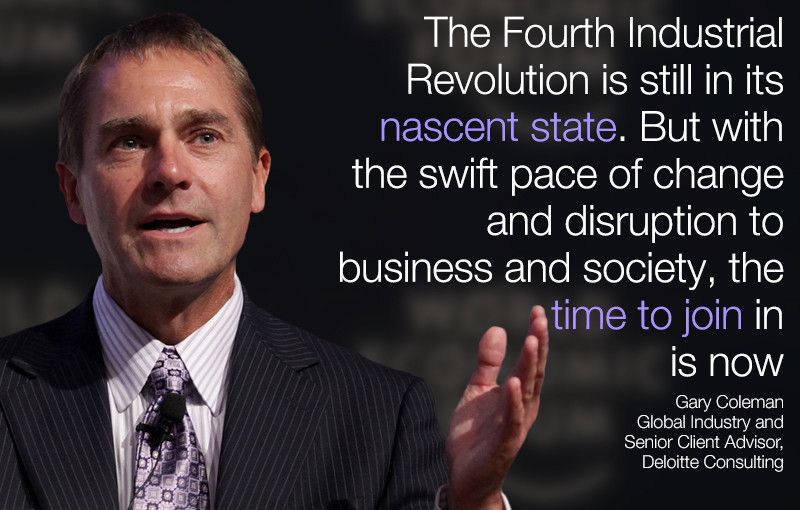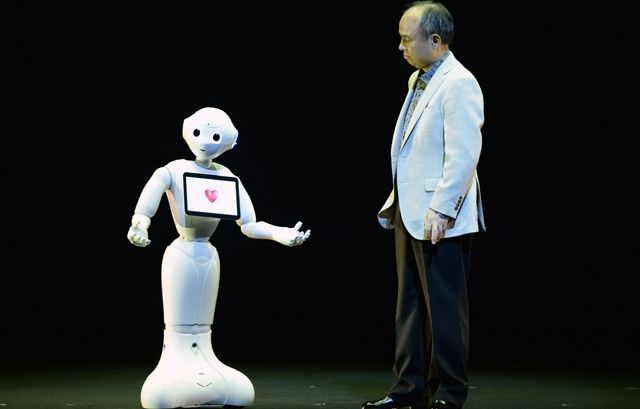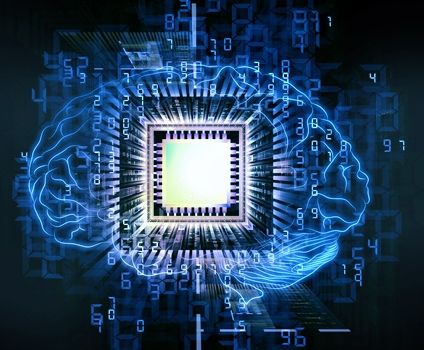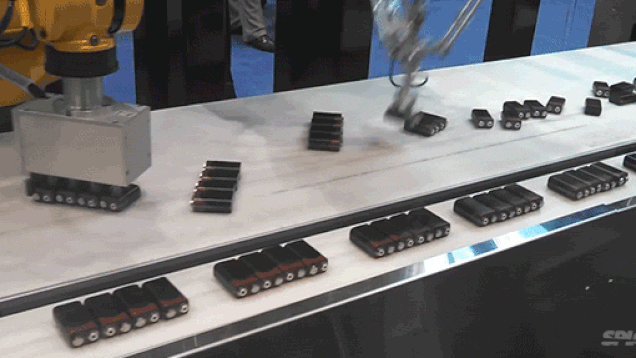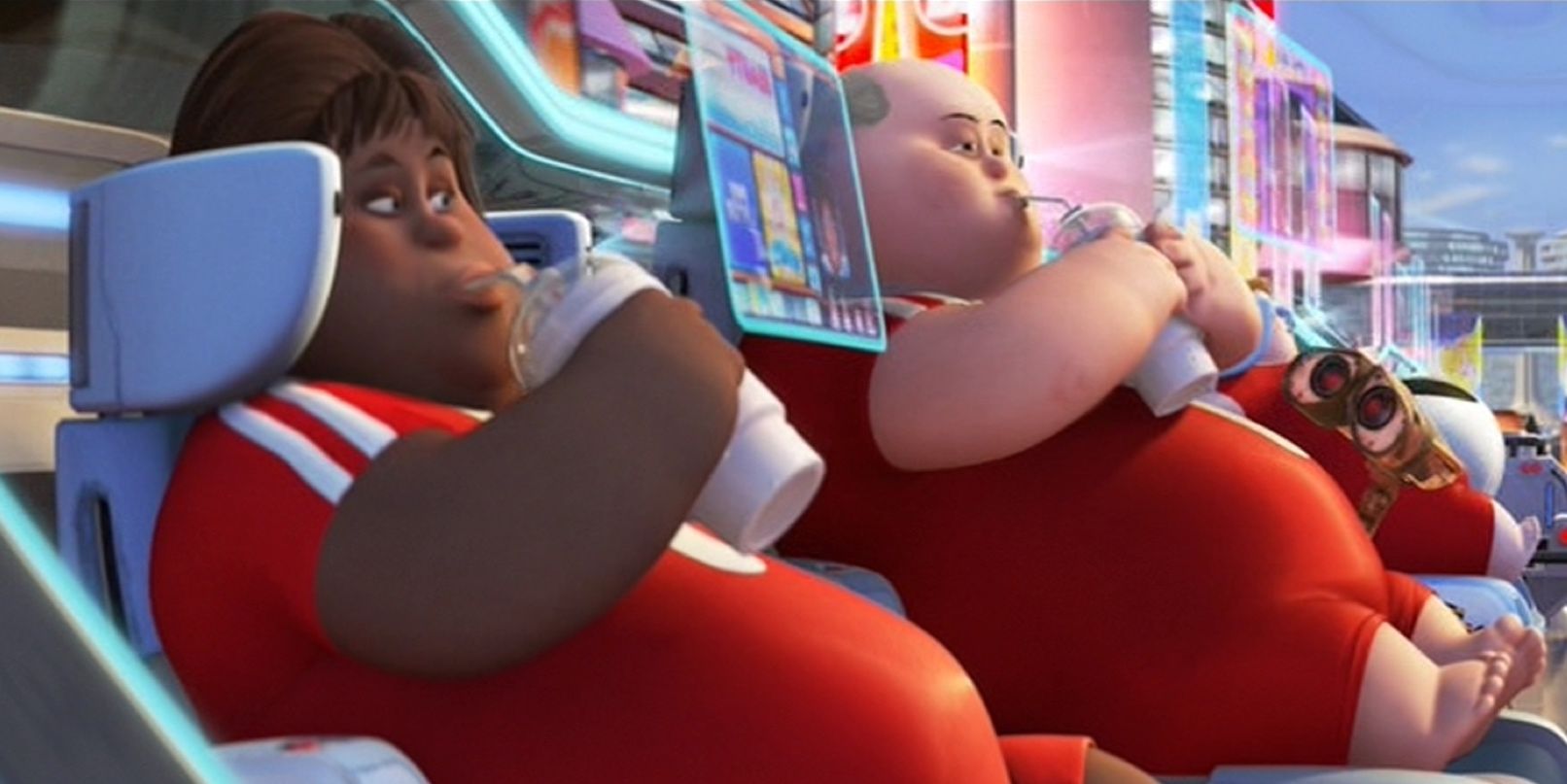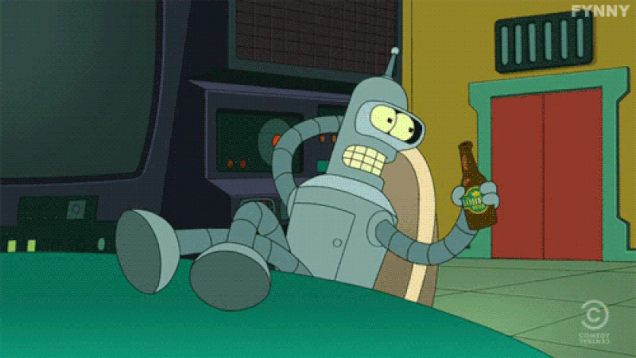Personally, today’s AI is not at the level we need it. Therefore, this article by Collin Wood does hold some merit of fact. However, this is going to be changing in the next 3 to 4 years. And, believing that AI is not going to be sophisticated or at a level that can out perform people with information is truly a mistake especially when technologies such as Quantum are added to the mix and Quantum AI is matured and evolved over the next 5 years. So, at least we’re good for the year 2016 to early 2018. However, after we progress forward in 2018, I advise folks to have a back up plan for employment.
In fact, many in government and the private sector are already using the next rung in humanity’s digital progression.
